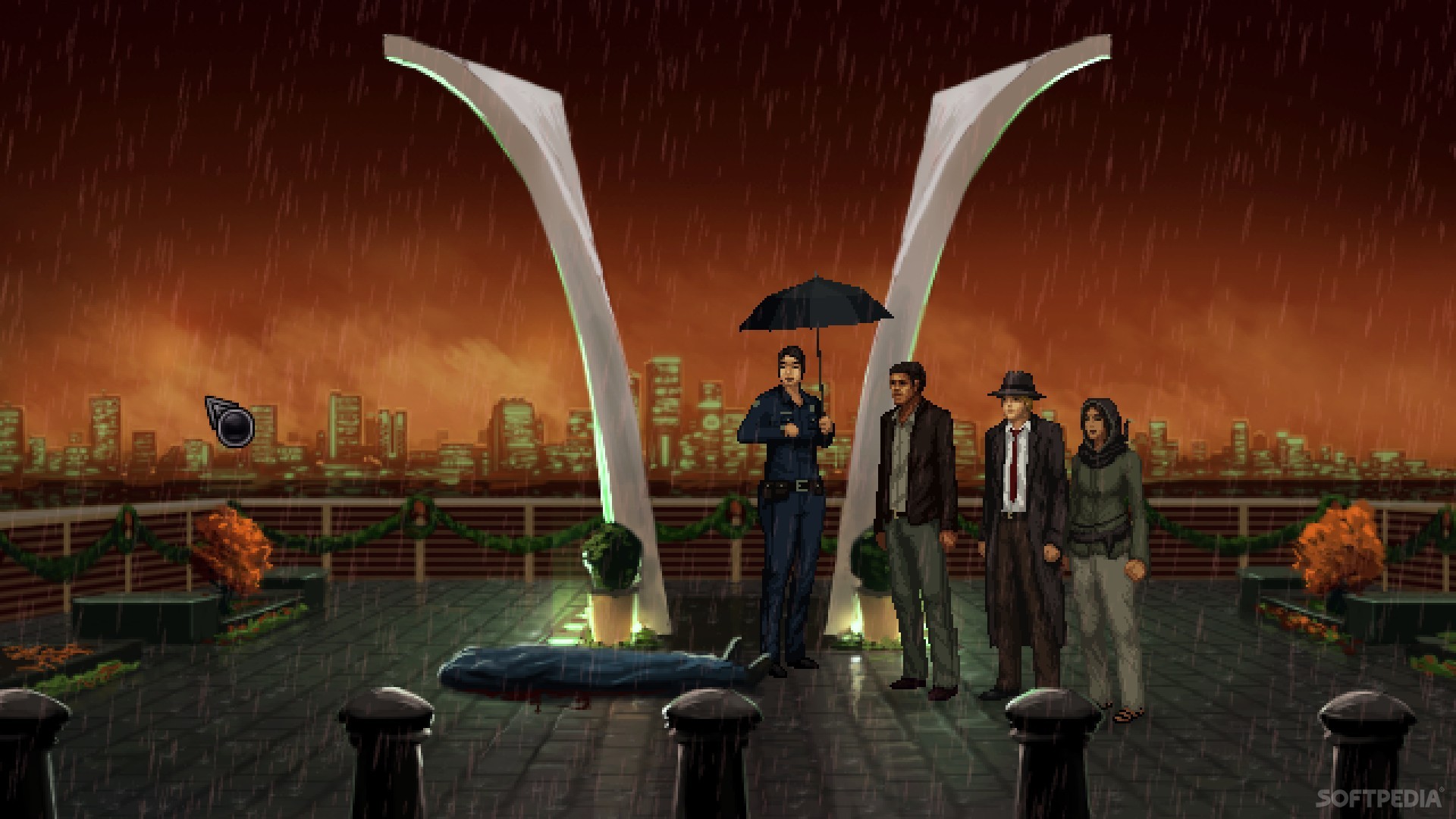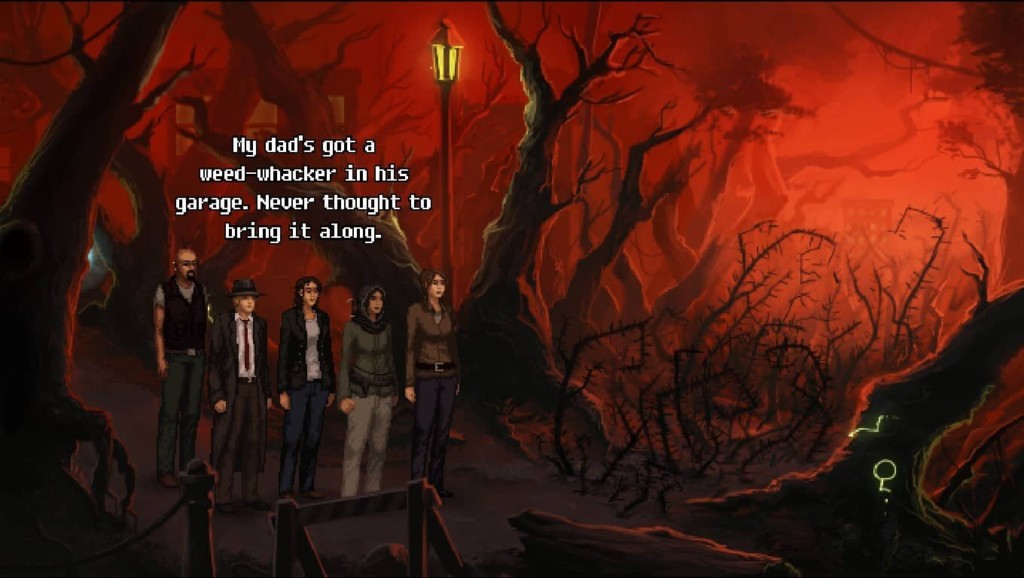

Gray morality feels more like a gimmick than a proper reflection of reality.Įach mission takes place in a different borough of New York City. It’s not that the writing is bad it’s that it lacks subtlety, especially when it comes to moral dilemmas. There’s an element of surprise that works fairly well, but the exposition at that point wasn't very convincing. While the plot itself has some interesting moments, the motivation of a particular central character didn't feel very developed. The writing is at its best when it deals with the personal life of your companions and the NPCs you meet along the way. To a jinn, lies are like nails on a chalkboard. The same goes for the dialogue with a variety of NPCs of many backgrounds and personalities. There is a lot of local flavor and wit in these little tidbits and exchanges that make it worthwhile to listen.

The possibilities of combinations make for a great variety of banter between the companions as you explore the city boroughs. It’s about the journey and the companions who travel with you. In that sense, Unavowed is not about the destination.

Obviously, this adds a lot of replayability, even though the outcomes are identical. It doesn’t matter who you bring along, they can all help you get ahead. Vicki Santina has her police savvy and a gun, and Logan can talk to ghosts. Eli can burn, boil and melt anything with his fire mage powers, as well as touch hot objects. Mandana is strong, agile, and her saber is very handy, not just in fights. They all have their own distinct abilities that you can use to solve puzzles. As you go on with your missions you can mix and match with Mandana and Eli. They act and talk like ordinary people more often than not.Īlong the way you'll recruit two other companions: the hothead Staten Island cop Vicki Santina and the recovering alcoholic medium Logan. However, once you get to know the jinn Mandana and the fire mage Eli, you'll be charmed by their personalities. When you put it this way, the premise sounds rather hackneyed. It's a familiar trope: occult detectives and monster hunters. They are a secret society of supernatural beings dedicated to fighting evil, or at least lesser evils. Whatever your choices, you'll be possessed and exorcised in the prelude, then persuaded to join the thin ranks of the Unavowed. You can be a cop, an actor, or a bartender of either gender. Unavowed attempts to balance the urban and the fantastic with the shifting scales of interaction and internal logic in a compelling point-and-click adventure. When you add player interaction to the mix, it gets even more complicated. That goes doubly for urban fantasy, a fairly new subgenre that simulates both fantastical plausibility and mundane realism. Great fantasy operates through a very rigid internal logic, and any deviation from it kills the illusion. Like all fiction, it must stick to possibilities, even when they're unrealistic. Some may assume that fantasy has no rules, that anything goes.


 0 kommentar(er)
0 kommentar(er)
